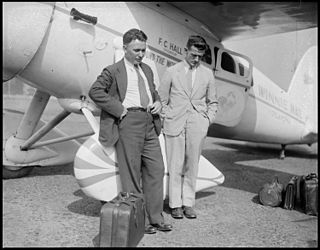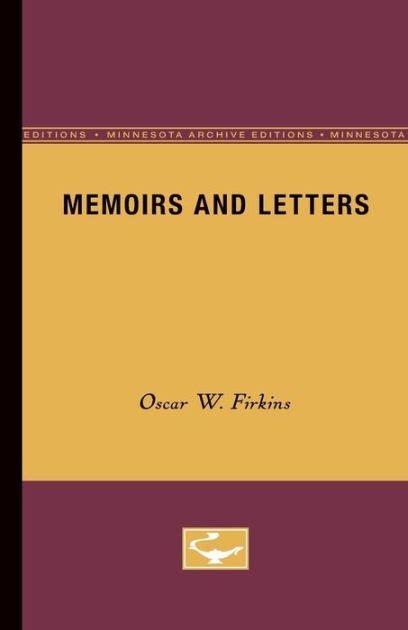A Quote by Remy de Gourmont
The ever-present phenomenon ceases to exist for our senses. It was a city dweller, or a prisoner, or a blind man suddenly given his sight, who first noted natural beauty.
Related Quotes
I do not believe there is any such sixth sense. A man with a good sense of direction is, to me, quite simply an able pathfinder - a natural navigator - somebody who can find his way by the use of the five senses (sight, hearing, taste, smell and touch - the senses he was born with) developed by the blessing of experience and the use of intelligence. All that pathfinder needs is his senses and knowledge of how to interpret nature's signs.
...our cities of the present lack the outstanding symbol of national community which, we must therefore not be surprised to find, sees no symbol of itself in the cities. The inevitable result is a desolation whose practical effect is the total indifference of the big-city dweller to the destiny of his city.
When every fact, every present or past phenomenon of that universe, every phase of present or past life therein, has been examined, classified, and co-ordinated with the rest, then the mission of science will be completed. What is this but saying that the task of science can never end till man ceases to be, till history is no longer made, and development itself ceases?
The refining influence is the study of art, which is the science of beauty; and I find that every man values every scrap of knowledge in art, every observation of his own in it, every hint he has caught from another. For the laws of beauty are the beauty of beauty, and give the mind the same or a higher joy than the sight of it gives the senses. The study of art is of high value to the growth of the intellect.
All men naturally desire knowledge. An indication of this is our esteem for the senses; for apart from their use we esteem them for their own sake, and most of all the sense of sight. Not only with a view to action, but even when no action is contemplated, we prefer sight, generally speaking, to all the other senses. The reason of this is that of all the senses sight best helps us to know things, and reveals many distinctions.
The Europeans are themselves blind who describe fortune without sight. No first-rate beauty ever had finer eyes, or saw more clearly. They who have no other trade but seeking their fortune need never hope to find her; coquette-like, she flies from her close pursuers, and at last fixes on the plodding mechanic who stays at home and minds his business.
Literature and the other arts play with pattern - our brains understand our world by recognizing patterns - and with possibility. The arts harness our sharpest senses, sight and sound, and our richest ways of understanding, in language and narrative. They were our first schools before schools were ever invented. They develop our imaginations, extend our possibilities, and deepen what we can all share.
But by far the greatest hindrance and aberration of the human understanding proceeds from the dullness, incompetency, and deceptions of the senses; in that things which strike the sense outweigh things which do not immediately strike it, though they be more important. Hence it is that speculation commonly ceases where sight ceases; insomuch that of things invisible there is little or no observation.
We have been educated to such a fine - or dull - point that we are incapable of enjoying something new, something different, until we are first told what it's all about. We don't trust our five senses; we rely on our critics and educators, all of whom are failures in the realm of creation. In short, the blind lead the blind. It's the democratic way.
A man only begins to be a man when he ceases to whine and revile, and commences to search for the hidden justice which regulates his life. And he adapts his mind to that regulating factor, he ceases to accuse others as the cause of his condition, and builds himself up in strong and noble thoughts; ceases to kick against circumstances, but begins to use them as aids to his more rapid progress, and as a means of the hidden powers and possibilities within himself.
The individual man, in introspecting the fact of his own consciousness, also discovers the primordial natural fact of his freedom: his freedom to choose, his freedom to use or not use his reason about any given subject. In short, the natural fact of his "free will." He also discovers the natural fact of his mind's command over his body and its actions: that is, of his natural ownership over his self.
We must not only protect the country side and save it from destruction, we must restore what has been destroyed and salvage the beauty and charm of our cities ... Once our natural splendor is destroyed, it can never be recaptured. And once man can no longer walk with beauty or wonder at nature, his spirit will wither and his sustenance be wasted.
A man who can do everything fully consciously becomes a luminous phenomenon. He is all light, and his whole life is full of fragrance and flowers. The mechanical man lives in dark holes, dirty holes. He does not know the world of light; he is like a blind man. The man of watchfulness is really the man who has eyes.







































